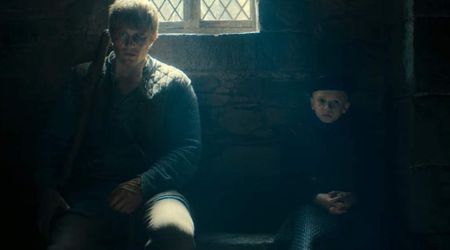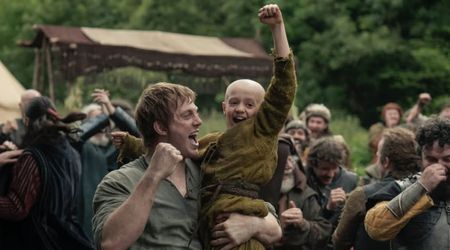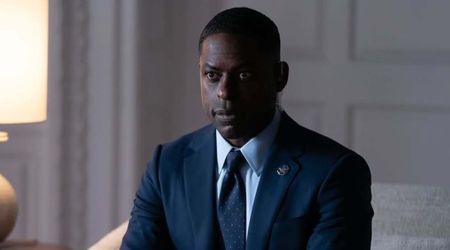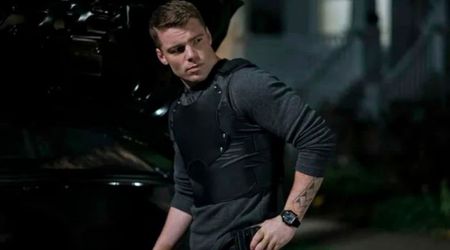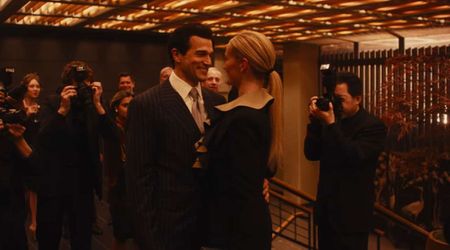'The Big Bang Theory': Why CBS' sitcom is so popular despite being problematic
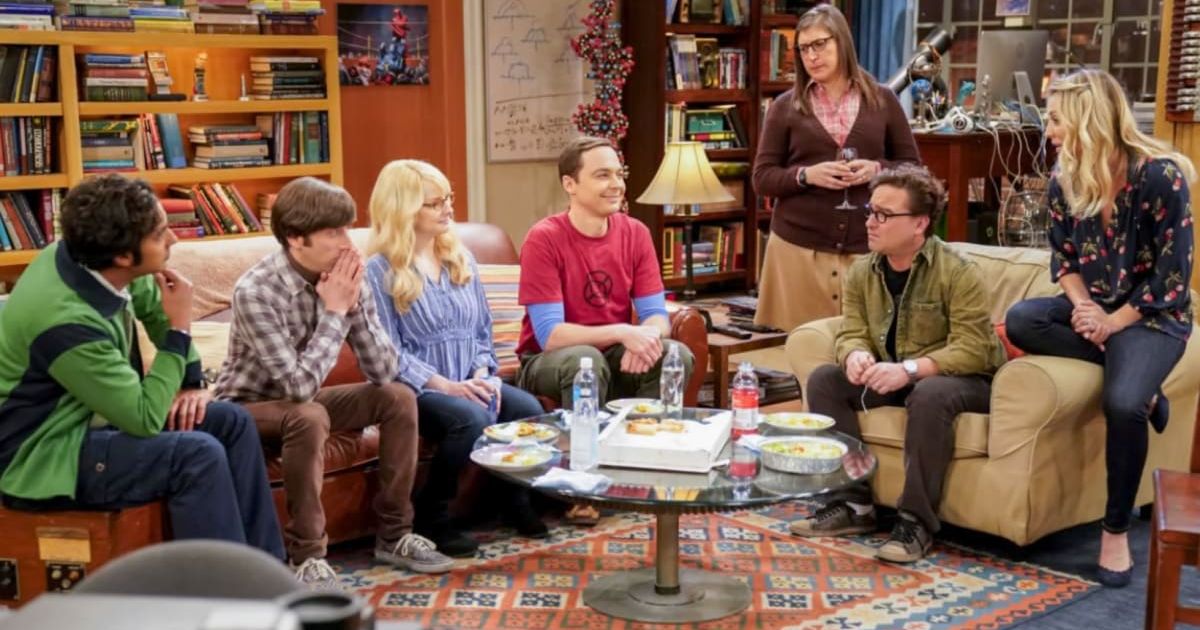
LOS ANGELES, CALIFORNIA: 'The Big Bang Theory' reigns supreme on TV, pulling in nearly 20 million viewers in 2016, trumping even 'Sunday Night Football'. It's a mega-hit, standing tall among other shows like 'Friends'.
But with great fame comes great criticism. Some folks say it's just popular because it's bland or because it's like mocking geeks. Others claim its star, Jim Parsons, stays youthful by some questionable means. But there's a different argument bubbling up.
Some say it's not just funny or for the simple-minded; it's actually pretty smart, pushing boundaries unlike many other sitcoms out there. Here are 5 reasons why 'The Big Bang Theory' is such a popular show.
'The Big Bang Theory' features successful and accomplished female scientists like no other show
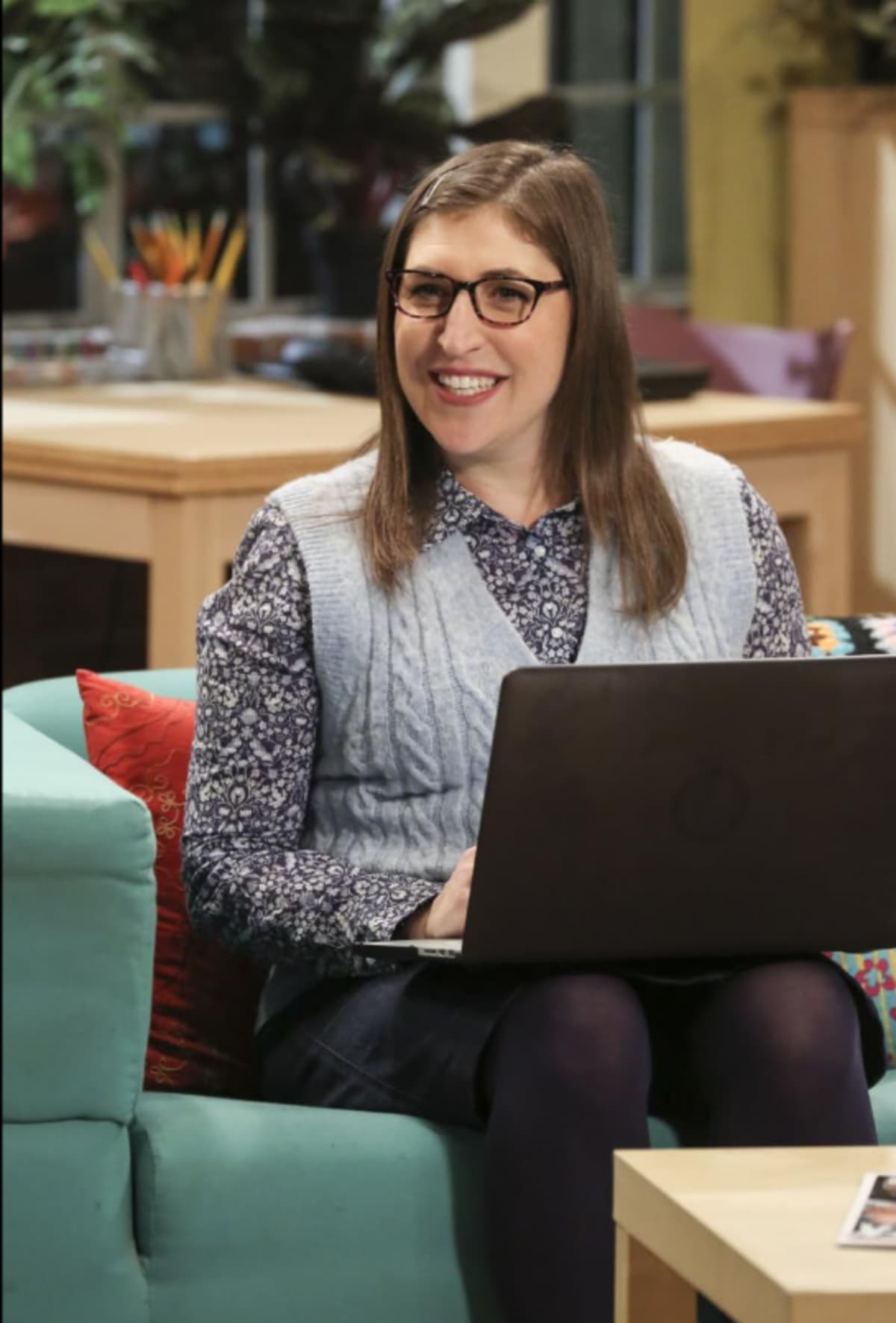
Here's a quick challenge: name the last sitcom with two successful female scientists who aren't just background characters or cutting up dead bodies. Now, think of a show where these characters get entire episodes dedicated to them. Stumped?
No need to dig through Netflix dramas. 'The Big Bang Theory' has been doing this since "female scientist" was shorthand for Megan Fox in a lab coat.
Introduced in Season 3 back in 2009, Melissa Rauch and Mayim Bialik play microbiologist Dr. Bernadette Rostenkowski-Wolowitz and neurobiologist Dr. Amy Farrah Fowler.
Initially brought in as love interests for Simon Helberg's Howard and Jim Parsons' Sheldon, these characters have grown into central roles. They've developed their own storylines, showcasing the lives of accomplished women in a male-dominated field.
For a show that began with four nerds crushing on the girl next door, that's notable visibility.
Mayim Bialik's role has even had real-world effects. According to Forbes, Bialik, a qualified neuroscientist, uses her fame from 'The Big Bang Theory' to visit schools and encourage teenage girls to pursue STEM subjects.
'The Big Bang Theory' depicts real, actual science
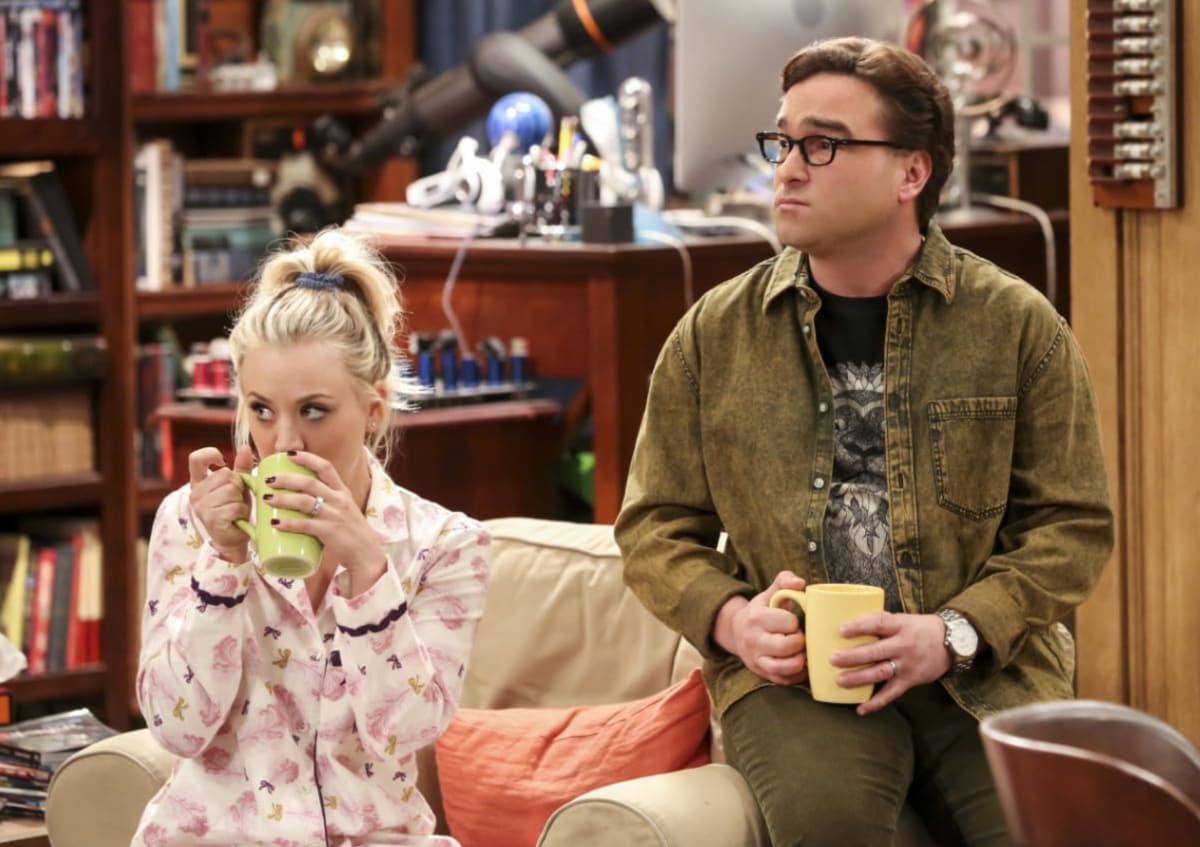
TV shows about science often get criticized for not including much about the subject. Just look at Wired's criticism of the jargon in 'CSI: Cyber.' You'd think 'The Big Bang Theory' would fall into that trap too. It's a sitcom about scientists, after all, aimed at folks who might not know if protons are real or just from 'Ghostbusters.'
But surprise! 'Big Bang' actually features real science, using it for background jokes in a way no other show does except maybe 'Futurama.'
Since the start, the show has had UCLA professor David Saltzberg as its science expert. Those complicated equations you see on the whiteboards in the guys' apartment? They're all legit, often picked by Saltzberg to joke about real science debates or hint at what's coming up in the episode.
NPR even revealed that sometimes Saltzberg gets scripts with "Insert science here" in the dialogue brackets.
And get this: 'Big Bang' has a real scientist in its main cast. Mayim Bialik, who plays Dr. Amy Fowler, is a trained neuroscientist. She helps out with things like choosing the right props, such as microscopes.
It's not Sheldon-level science obsession, but hey, what is?
'The Big Bang Theory' features a diverse range of characters that make the show exciting to watch
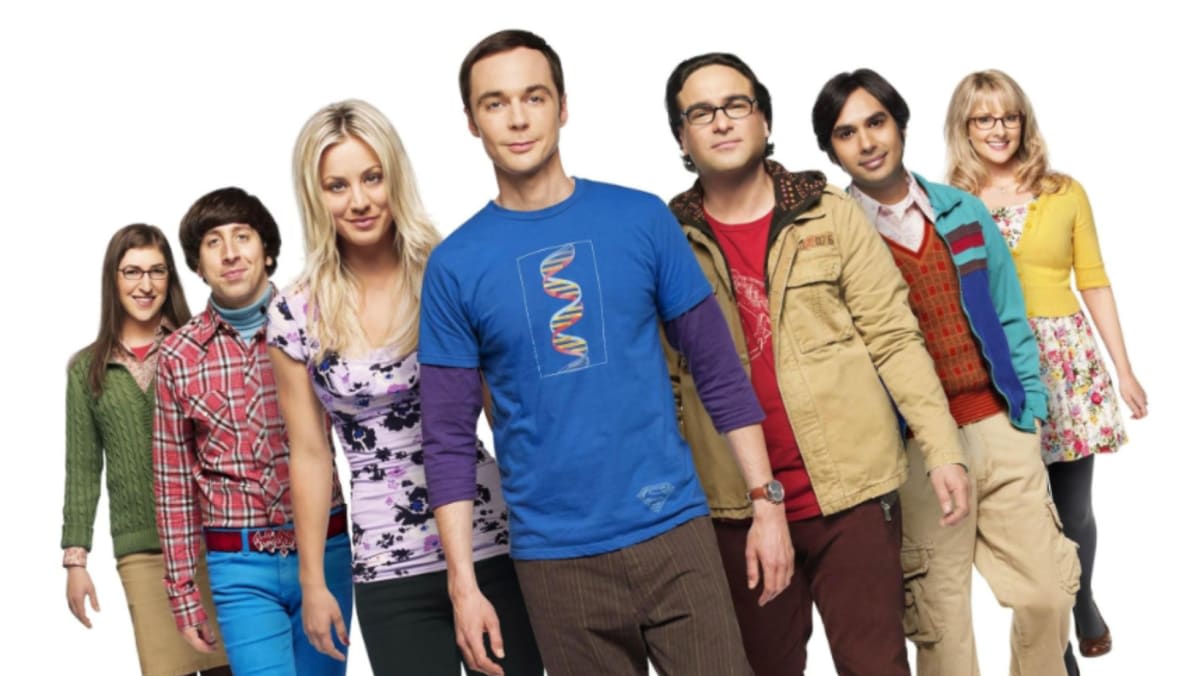
'The Big Bang Theory' features a diverse and captivating cast, and not just because there's an Indian guy in the mix. The real charm lies in their complexity.
Take Sheldon (Jim Parsons), for example. His bratty behavior, lack of empathy, and humility could make him unlikeable. But it's clear these traits aren't intentional.
His social awkwardness leads to some of the show's funniest moments, like when he's oblivious to Penny's (Kaley Cuoco) plan to help Leonard (Johnny Galecki) get a tenured position in "The Tenure Turbulence."
The rest of the gang, though not as eccentric as Sheldon, are equally colorful. Leonard is the most sensible yet insecure, dealing with asthma, lactose intolerance, and mommy issues. Despite these, he wins the love of the confident and strong-willed Penny.
Raj (Kunal Nayyar) struggles with selective mutism around women for the first six seasons. After overcoming it, his feminine side becomes more pronounced, often teased by his best friend Howard (Simon Helberg).
Howard, committed to his Beatles look, later marries Bernadette (Melissa Rauch), a sweet yet spunky woman with a high-pitched voice. Bernadette and Amy (Mayim Bialik) may have been introduced later, but they never fade into the background.
Amy, a brilliant scientist, achieves the remarkable feat of marrying the asexual Sheldon and remains loving and patient with him.
When these seven unique and different characters come together, they create chaos, laughter, and sometimes tears—a realistic portrayal of true friendship. Individually, they're quirky; together, they're mesmerizing.
'The Big Bang Theory' thrives with timeless, universal humor and modern pop culture appeal
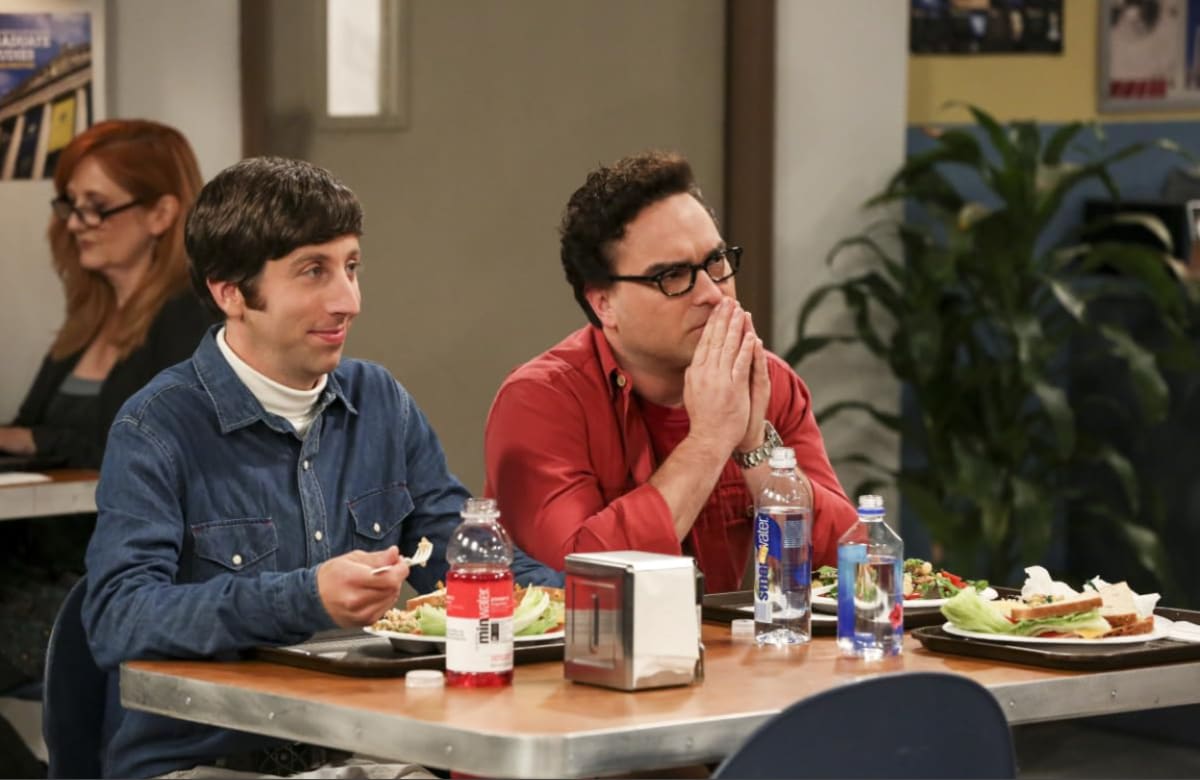
Set in modern times, 'The Big Bang Theory' adapts to contemporary life seamlessly. With older sitcoms available on streaming services, each reflecting their era, like 'Frasier' dealing with answering machine mishaps in "Secret Admirer" or Jerry's speed dial dilemma in 'Seinfeld's' "The Millennium," their plots can feel outdated today.
'The Big Bang Theory' however, avoids this generation gap entirely. It offers light, relatable comedy, like Sheldon's running gag of changing the Wi-Fi password to keep Penny from freeloading.
It's not just up-to-date; it's also globally appealing. Unlike 'Seinfeld,' with its many American-centric jokes about the Yankees, the Nazi regime, and JFK, 'The Big Bang Theory' keeps its humor universal. Many jokes are scientific, thanks to the characters being scientists, making them accessible to a wider audience.
Comic-Con talks and superhero discussions among Sheldon, Leonard, Raj, and Howard resonate with today's viewers, given the current popularity of comic-book movies.
Whether dressing up as different Hulks and Flashes for events or the ladies debating Thor’s hammer, these jokes fit perfectly with today’s pop culture, making the show a repeat favorite for many.
'The Big Bang Theory' is one of the last multi-cam sitcoms
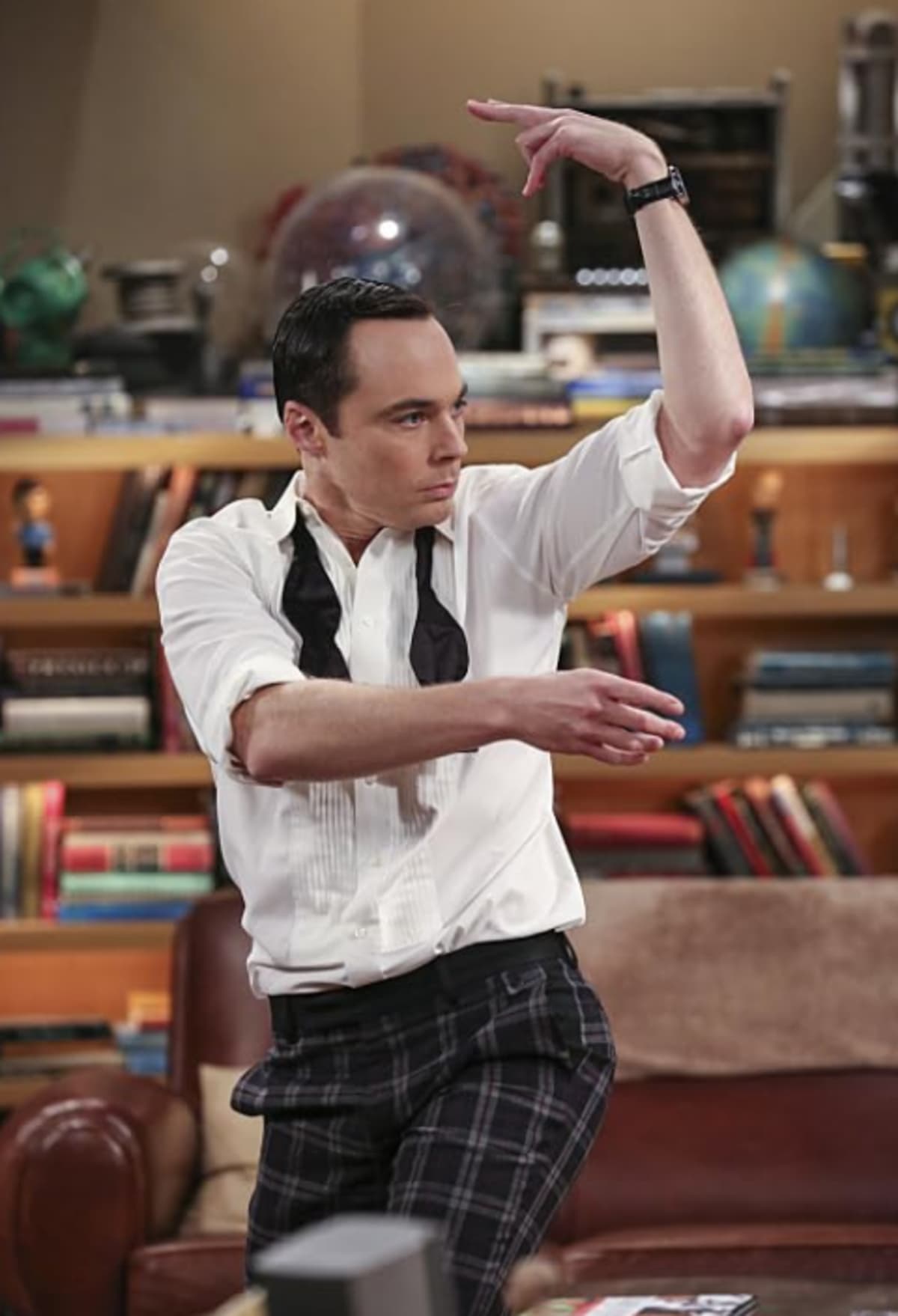
Multi-cam sitcoms, typically filmed with a live studio audience, are on the decline. The format that gave us classics like 'Friends,' 'Cheers,' and 'Seinfeld' is fading away. In 2017, ABC didn't have a single multi-cam show for the first time in years, according to Hollywood Reporter.
Even CBS, home to 'Big Bang,' is moving away from it. Nowadays, single-cam, no-laugh track sitcoms, like '30 Rock' and 'Parks and Recreation,' are gaining popularity.
But people still love multi-cam sitcoms. They're comforting and familiar. While shows like 'Louie' may break boundaries, they're not what you reach for on a lazy Saturday morning. As critic Jaime Weinman pointed out, fans of classics like 'Seinfeld' and 'Friends' are left with few options besides 'Big Bang.'
Sure, there are other multi-cam sitcoms out there, but they're smaller and more prone to sudden cancellation, like 'The Carmichael Show.' As long as 'Big Bang' keeps making money for CBS and producer Chuck Lorre remains in the game, it's unlikely to disappear anytime soon.
How to stream 'The Big Bang Theory'?
'The Big Bang Theory' is available to stream on Netflix as well as Prime Video. The Netflix membership plan starts from $6.99/month for the standard plan with ads.
The standard plan without ads is priced at $15.49/month, while the Premium plan costs $22.99/month. Prime membership costs $14.99 monthly or $139 annually, with various discounts available.
'Prime Access' is $6.99/month for government assistance recipients, while 'Prime Student' is $7.49/month or $69/year for college enrollees, offering exclusive perks.
Amazon provides a 30-day trial for Prime and Prime Access, allowing users to explore benefits before committing.
'The Big Bang Theory' trailer

